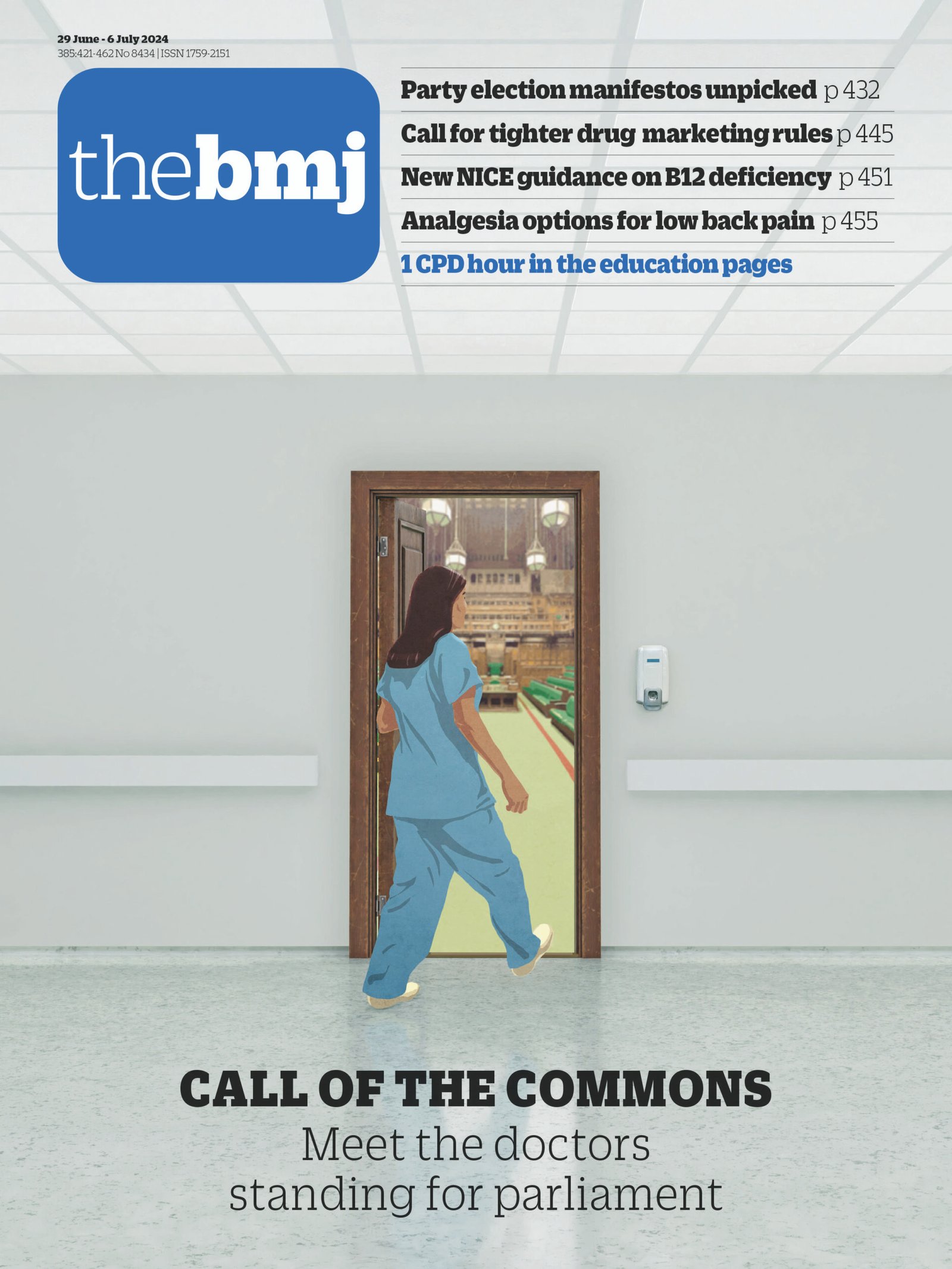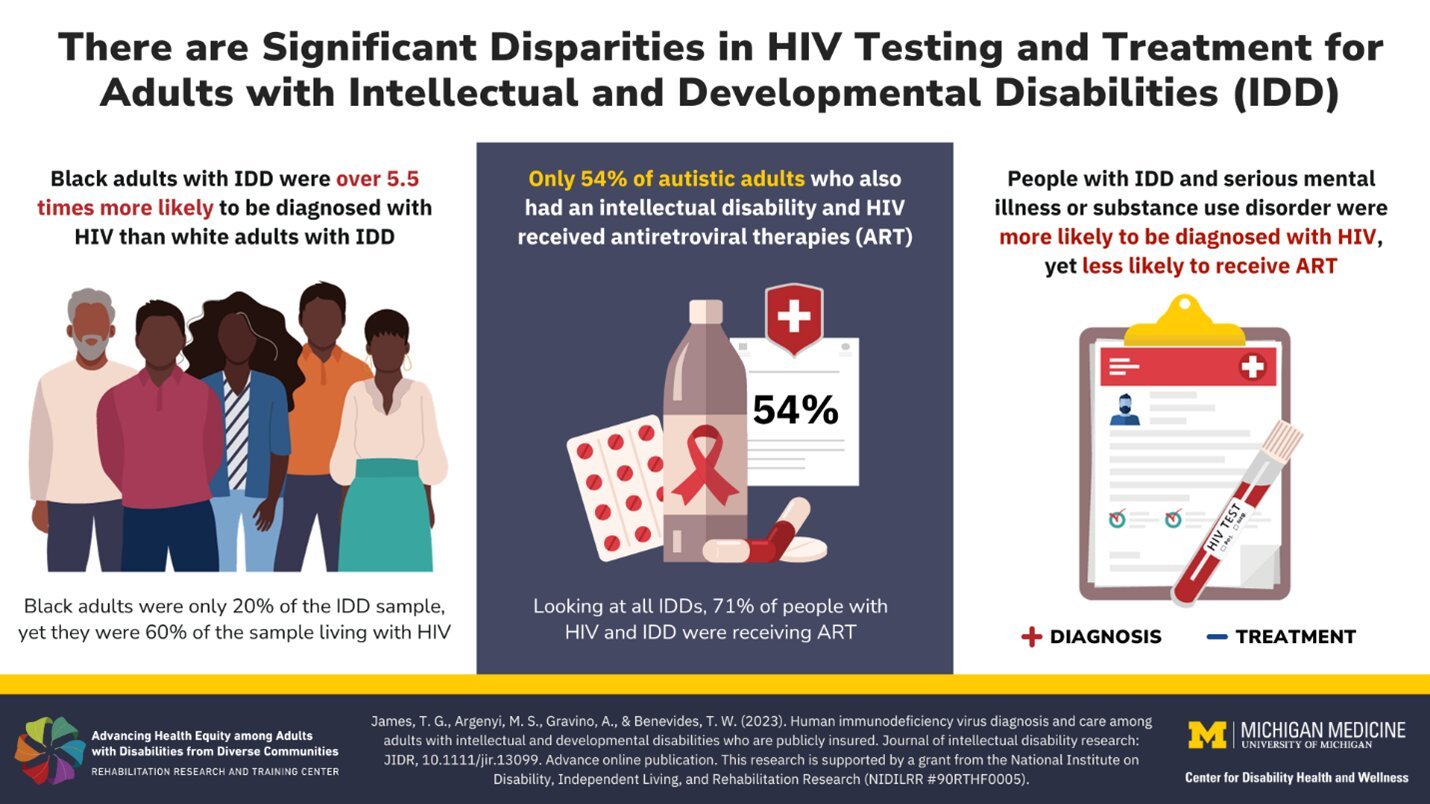- Sarah A Hopkins, geriatric medicine registrar1,
- Sarah E Hoare, medical sociologist1,
- Louisa Polak, retired GP1,
- Roberta Lovick, patient and carer representative2,
- Rhian Simpson, community geriatrics consultant3,
- Jagadish K Chhetri, geriatric medicine consultant4,
- Michael P Kelly, professor of public health1,
- Stephen Barclay, professor of palliative care1,
- Rowan H Harwood, professor of palliative and end of life care5
- 1Primary Care Unit, Department of Public Health and Primary Care, University of Cambridge, Cambridge, UK
- 2Patient representative, Great Yarmouth, UK
- 3Cambridgeshire and Peterborough NHS Foundation Trust, Cambridge, UK
- 4National Clinical Research Center for Geriatric Diseases, Xuanwu Hospital of Capital Medical University, Beijing, China
- 5Faculty of Medicine and Health Sciences, University of Nottingham, Nottingham, UK
- Correspondence to: S A Hopkins saah2{at}medschl.cam.ac.uk
The biomedical concept of frailty has been an important advance in how we approach the care of older people: it is central to better evidenced medicine and policy.1 In high income countries, around 40% of older patients with unplanned hospital admissions are living with moderate or severe frailty.2 Identifying frailty can help clinicians provide best care for such patients, keeping people living at home,3 helping avoid iatrogenic harm,4 and potentially reversing some aspects of frailty.5
Reflecting the importance of detecting and acting on frailty, NHS England included assessment targets for acute hospitals in its 2023 Commissioning for Quality and Innovation (CQUIN) guidance, which is linked to performance related financial incentives.6 Globally, national guidelines recommend using frailty to guide patient care and service design.7

Research into the nature, underlying mechanisms, measurement, and reversibility of frailty is ongoing.1589 However, here we focus on the term itself, which many older people find pejorative. We consider the pros and cons of renaming frailty and, aligning with the UN’s plan of action for a decade of healthy ageing, recommend greater collaboration with older people to develop improved ways of talking about the condition.10
Differences between clinical and lay understandings of frailty
Research on public perceptions of frailty shows that older people commonly understand frailty to be a state of physical, psychological, and social decline linked to dependency, loss of identity, social exclusion, and stigma.1112 It is associated with negative age related stereotypes. “Frail” is thus often understood as a pejorative term and can have connotations of a weak incapable person who is “failing” (box 1).1114
Oxford dictionary definitions of frailty13
RETURN TO TEXT










